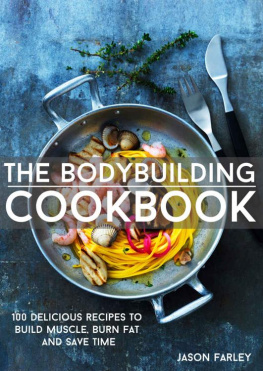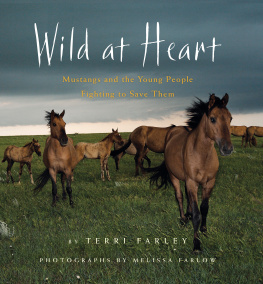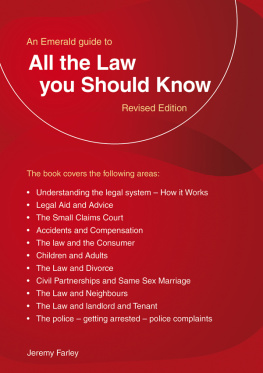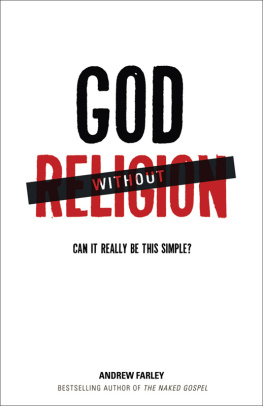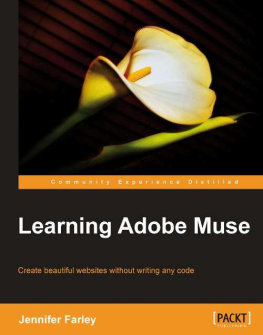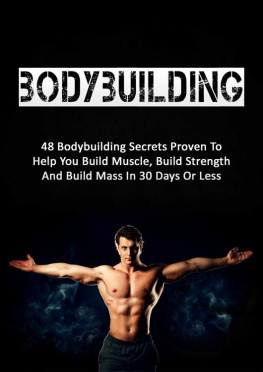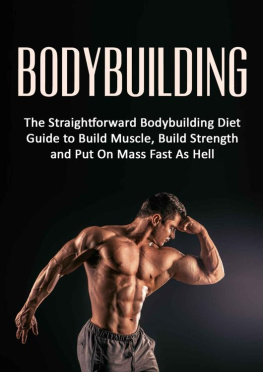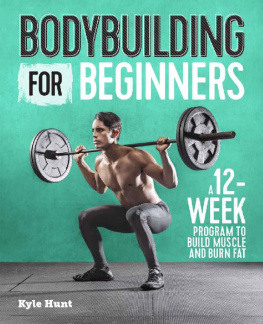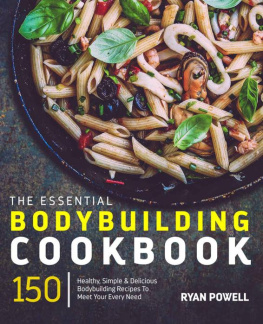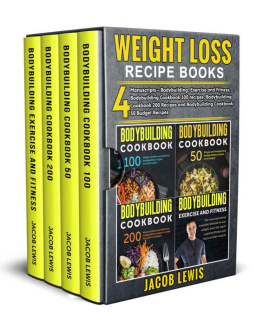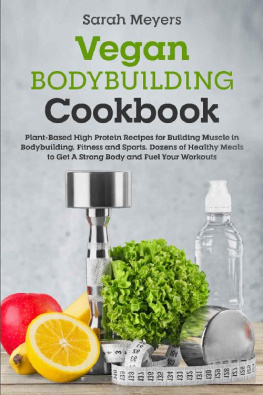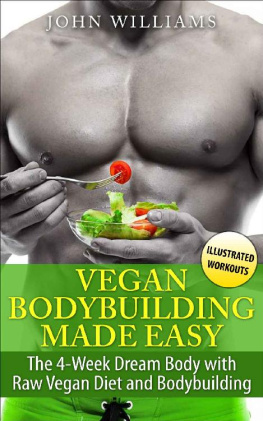Copyright All rights reserved. No part of this publication may be reproduced, distributed, or transmitted in any form or by any means, including photocopying, recording, or other electronic or mechanical methods, without the prior written permission of the publisher, except in the case of brief quotations embodied in critical reviews and certain other non-commercial uses permitted by copyright law. Legal Disclaimer The information in the book is for educational purposes only. It is not medical advice and is not intended to replace the advice or attention of health-care professionals. Consult your physician before beginning or making any changes in your diet or exercise program. Specific medical advice should be obtained from a licensed health-care practitioner.
Jason Farley and his associates will not assume any liability, nor be held responsible for any injury, illness or personal loss due to the utilization of any information contained herein.
CONTENTS
WELCOME. First off, Id like to thank you for purchasing my book - The Bodybuilding Cookbook. Within the following pages lies your complete nutritional toolkit for creating tasty muscle building meals that can be used to build muscle and burn fat! Eating the right kind of foods is vital for anyone who wants to build muscle or get lean but it doesnt mean it has to be boring. So many athletes subject themselves to dull, bland meals, which becomes tedious, dull and repetitive over time. I created this book to teach you that it doesnt have to be that way.
In this cookbook, you will find 100 delicious, mouth-watering ways to build muscle and burn fat. Every recipe is easy to follow and easy to prepare. Each recipe also includes the exact amount of calories and the amount of protein, carbohydrates and fats you will get from each serving. The more higher calorie meals will be better suited to someone looking to build muscle and the lower calorie meals will be better suited to someone looking to burn fat. You wont need much equipment to make these recipes, at most a blender and a few pots and pans. Without further ado, grab your apron and lets get cooking! Enjoy your meals, Jason Farley
CHAPTER 1: MUSCLE IS WON OR LOST IN THE KITCHEN Many experts feel that your nutritional habits make for up to 80% of the way your body looks.
Every drip of sweat and effort you exude in the gym is wasted if your nutrition is not on point. If you want to build a substantial amount of muscle and strength or lose fat then you must fuel your body accordingly. EATING FOR MUSCLE To build muscle, you need to take in an excess of calories with the right nutrients to grow. If you dont eat enough, your body wont be able to fully repair the damage you cause by lifting weights, triggering you to plateau or even worse, lose muscle. However dont make the mistake most gym rats make by eating everything in sight, from pizzas to pop-tarts, as this is extremely unhealthy in the long-term. As youll see from the upcoming recipes, eating the right foods doesnt have to be boring, bland or timeconsuming.
EATING TO SHRED To lose fat, you need to take in fewer calories than you expend. Again if you dont take in the right nutrients and foods, you will lose muscle. Losing fat generally requires you to be more precise which leads to many adopting the Chicken, Rice and Broccoli diet, which is incredible boring, bland and usually leads to many people failing. I created these recipes to escape the tedious, boring diets that many gym-goers subject themselves to and to finally make dieting enjoyable. CHAPTER 2: THE FUNDAMENTAL PILLARS OF A MUSCLE BUILDING/FAT BURNING DIET Before you ask, you wont need to be a qualified nutritionist to create your perfect diet. 2.How much you need of each and what foods youll get them from. 3.How many calories you need to achieve your goals of either building muscle or burning fat. 3.How many calories you need to achieve your goals of either building muscle or burning fat.
WHAT IS PROTEIN? Protein is used by your body for a number of processes from enzyme and hormone production to ensuring your immune system is working optimally. The reason why protein is so important in a muscle building diet is because protein is absolutely critical for muscle growth and repair. Working out and tearing down muscle increases your bodys demand for protein. As you build more and more muscle, the more protein your body will require to repair, grow and maintain that muscle. If you dont supply your body with enough protein, it will take it from your muscles causing muscle breakdown. Making sure you get enough protein is therefore of upmost importance in planning your diet.
WHAT ARE CARBOHYDRATES? Carbohydrates get converted into glucose and then are used by your body for energy. There are two types of carbohydrates - simple and complex. Simple carbohydrates are foods like fruit, white rice and sugar. Complex carbohydrates are foods like sweet potatoes, brown rice and vegetables. Complex carbohydrates tend to be thought of as the better of the two. The difference between these types of carbohydrates is how long it takes the body to convert them into glucose.
Simple carbohydrates are converted by your body quickly making them great for a fast source of energy however there is usually a fast decline after. It takes your body a lot longer to convert complex carbohydrates into glucose making them a much more sustaining source of energy. The reason so many people are afraid of carbohydrates is because whatever your body doesnt use gets moved into your fat stores. Carbohydrates however are not the enemy and are vital for your success. WHAT ARE FATS? Fats are vital for many of your bodily functions. They are needed for the production of many hormones in your body and they also help keep your brain and nervous system running optimally.
They are also the most calorically dense out of the three macronutrients every gram of fat contains 9 calories! There are four types of fat: Monounsaturated, Polyunsaturated, Saturated and Trans-fatty acids. The only one you need to avoid is Trans-Fatty acids. These are fats that have been modified in a lab to ensure a longer shelf life. The body does not know what to do with them and therefore they can get into your cells and cause damage. Theyre most commonly found in packaged meals and used in many fried foods. How much do you need of each? Well that depends on your goals! TO BUILD MUSCLE, A GOOD PLACE TO START FROM IS: Protein = 1.5 grams per pound of bodyweight Carbohydrates = 2 grams per pound of bodyweight Fats = 0.5 grams per pound of bodyweight You want to be gaining about 0.5 1 pound a week.
Any more than that and you will be gaining too much fat. If you find you arent gaining weight, increase your calories by around 100-200 calories each week until you reach the sweet spot. Alternatively if youre gaining too much, then you want to reduce your calories by around 100 200 each week. TO MAINTAIN MUSCLE, A GOOD PLACE TO START FROM IS: Protein= 1 gram per pound of bodyweight Carbohydrates = 1 gram per pound of bodyweight Fats = 0.5 grams per pound of bodyweight TO LOSE WEIGHT, A GOOD PLACE TO START FROM IS: Protein = 2 grams per pound of bodyweight Carbohydrates = 0.5 grams per pound of bodyweight Fats = 1 gram per pound of bodyweight You want to be losing about 1 2 pound a week. Any more than that and you risk losing that hard earned muscle. If you find you arent losing weight, decrease your calories by around 100-200 calories each week until you reach the sweet spot.

